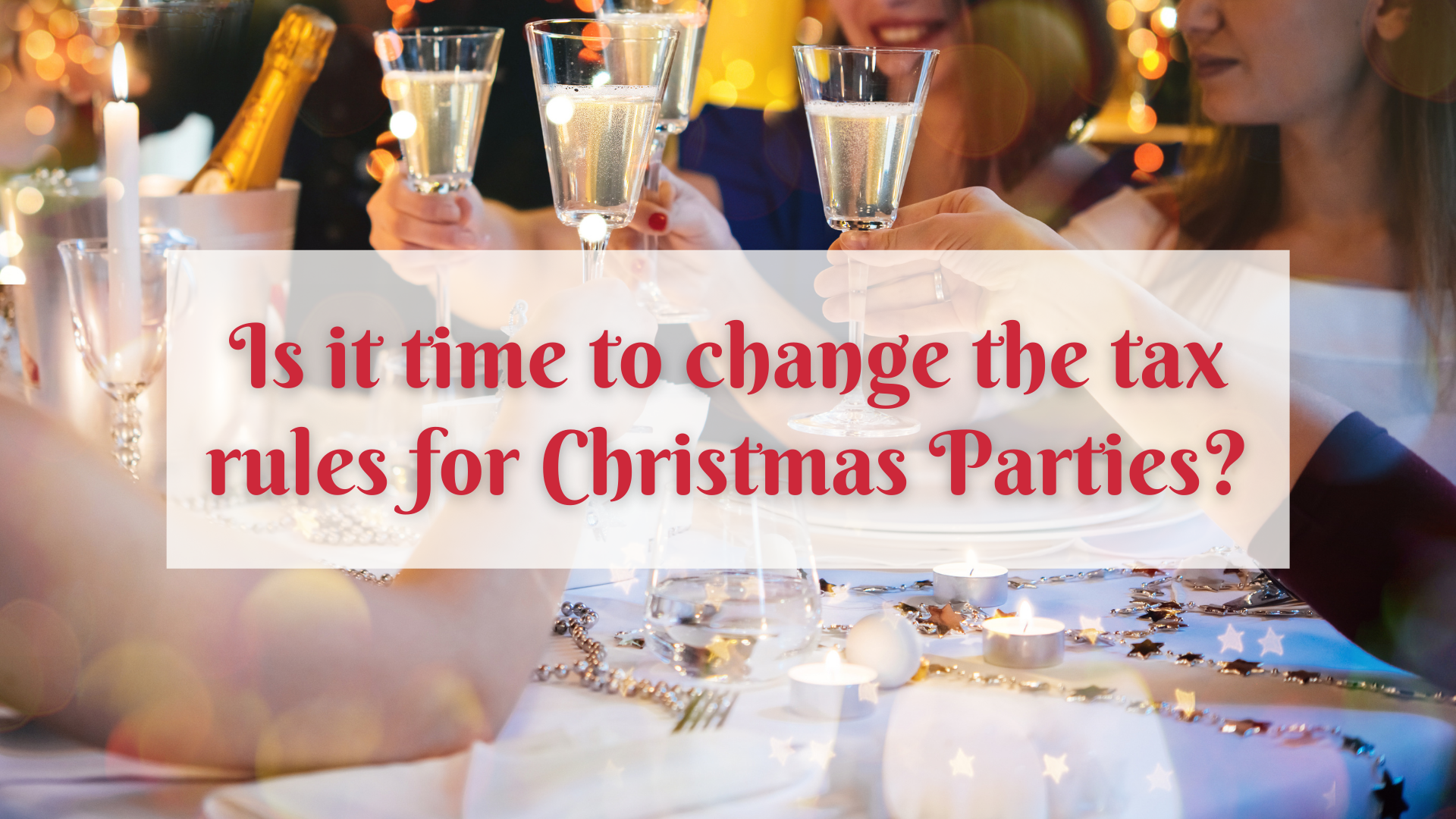HMRC rules currently allow employers to spend up to £150 tax-free per employee per tax year, on events such as Christmas or summer parties. This has been the case since 2003.
The tax and advisory firm Blick Rothenberg has called on the government to double this amount to £300 as they believe the current limit is “massively out-of-date”.
The firm also states that increasing the limit to £300 per employee per year would help reduce the overall costs faced by employers and encourage them to provide employees with a ‘genuine thank you’ for all their efforts throughout the last two years.
Specifically, the raised limit would mean that in most reasonable cases, there would be no need for employers to report any taxable benefit-in-kind charge via a PAYE settlement agreement (PSA).
An additional benefit of changing the limit is that it would also provide businesses, particularly in the hospitality sector, with some ‘much needed support’ as they continue to try and recover from the Covid-19 pandemic.

The firm states that where employers need to cover the tax cost of a Christmas party via a PAYE settlement agreement, they can face an effective tax liability, including taxes and National Insurance contributions (NIC), of up to 107% of the core value of the Christmas party.
This can mean that the effective, cumulative cost to the employer of providing a Christmas party can easily in some cases be up to 200% of its headline, initial per head cost.
Robert Salter, a tax service director at Blick Rothenberg said: ‘Employees need to ensure that they avoid making some common mistakes, when it comes to budgeting for their Christmas party.
‘For example, the £150 value mentioned above is not an ‘allowance’. Hence, if the per head cost of the event is above £150, the full value of the event becomes a taxable benefit and not just the excess amount over the £150 threshold. It can be a minefield.
The tax-free amount should really be increased, and the rules should be simplified.’
The current system means that businesses do not have to report to HMRC or pay tax and national insurance on a party or social function if it is open to all employees, is an annual event, such as a Christmas party or summer barbecue, or costs £150 or less per person. If there are multiple events in the year it is still exempt from tax if the combined cost of the events is no more than £150 per head.
Blick Rothenberg states that if a company spends £100 per employee on a summer event and another £125 per employee on a Christmas party, the tax would have to be paid on the whole amount for the cheaper event rather than just the amount that takes the total up to the £150 per employee limit.
Salter concluded: ‘As Christmas approaches, it’s time for the government to show a bit of goodwill to firms, employees, and the hospitality industry.’
In December 2020, gift company Hampers.com’s survey of 500 businesses revealed that UK companies were expected to spend an average of £225 per employee for the Christmas season, which was 12% less than was recorded in 2019, when they spent £257 a head.
However, many catering and hospitality businesses have seen a slump in their December bookings for parties. This is said to be due to the rising cases of Covid-19 with many deciding not to attend an office party in order to be able to go home for Christmas.

On Times Radio this month, business secretary Kwasi Kwartang reassured people that it is still worth planning an office party, stating that he was ‘looking forward to having a Christmas party as usual’.
Last month, health secretary Sajid Javid stated that the public should take advantage of the free lateral flow test provided by the government and that if they are attending a Christmas party then they should take a lateral flow test before they attend.

Some companies are choosing to give their employees a gift instead of a Christmas party. Belfast accountancy and advisory firm Tilly Mooney Moore states that if companies are considering gifting then they must be aware of the tax implications.
The firm states that gifts to employees such as hampers will be tax free, provided they fall within the ‘trivial benefit’ exemption.
This applies when the cost including VAT does not exceed £50 per person, it is not cash or a cash voucher that could be exchanged for cash, it is not provided in recognition of past or future services by the employee, bears the name or logo of the business and does not include food, drink, or tobacco.
Where the employer is a ‘close’ company and the benefit is provided to a director, the total value of trivial benefits they can receive in a tax year cannot exceed £300.
In terms of gifts from third parties, such as suppliers or customers, employees can receive vouchers without tax as long as they do not exceed £250. This must be genuinely intended as a gift, however, and not provided in recognition for hard work.
We think this is an important discussion to have, especially as companies want to give their employees an extra treat for all their hard work during the pandemic.



